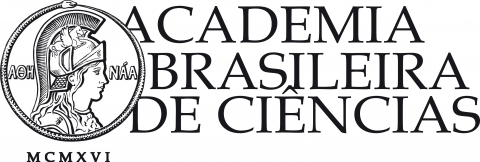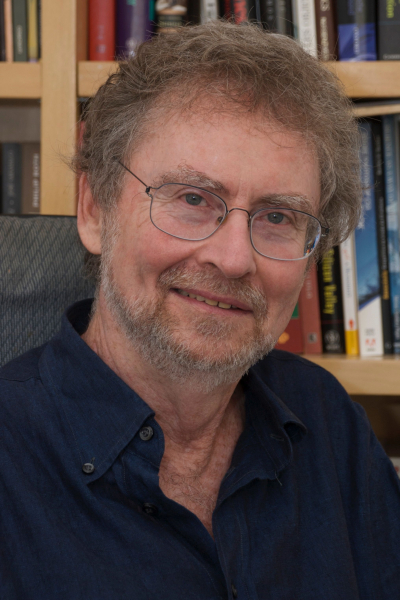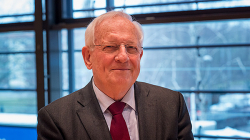Science for Poverty Eradication
Overview
Science academies can help eradicate poverty and promote sustainable development. This because science-based decision making is crucial to increase the effectiveness of public policies designed to reduce inequalities and impact poverty. Quantitative and qualitative evaluation can influence the success of social programmes, and science can contribute towards the development of new technologies that enhance the access of poor people to goods and services.
The IAP General Assembly established the IAP-Science for Poverty Eradication Committee (IAP-SPEC) in 2013. Its main objective is to stimulate the development of a strategy to engage IAP member academies in the global effort to “eradicate poverty and transform economies through sustainable development”. Through the activities of this committee, IAP aims to mobilize its member academies and Regional Networks to interact with governments and society, contributing to the implementation of the SDGs.
Project
Publications
Project
Updates
People and Institutions


Yousuf Maudarbocus








